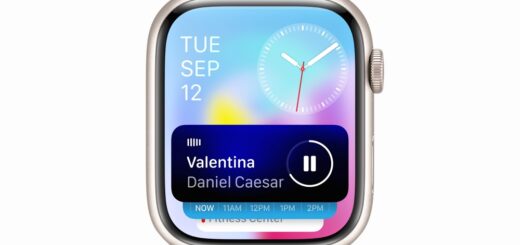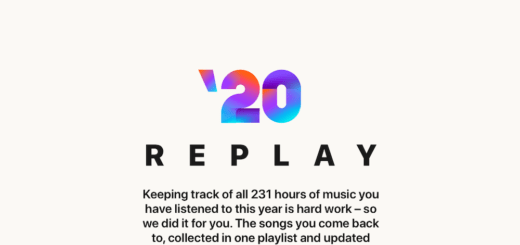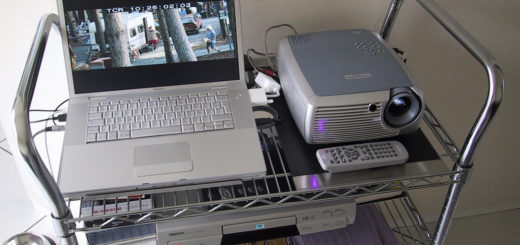Apple’s Creative Director, Europe and Worldwide Video explains company’s TV plans
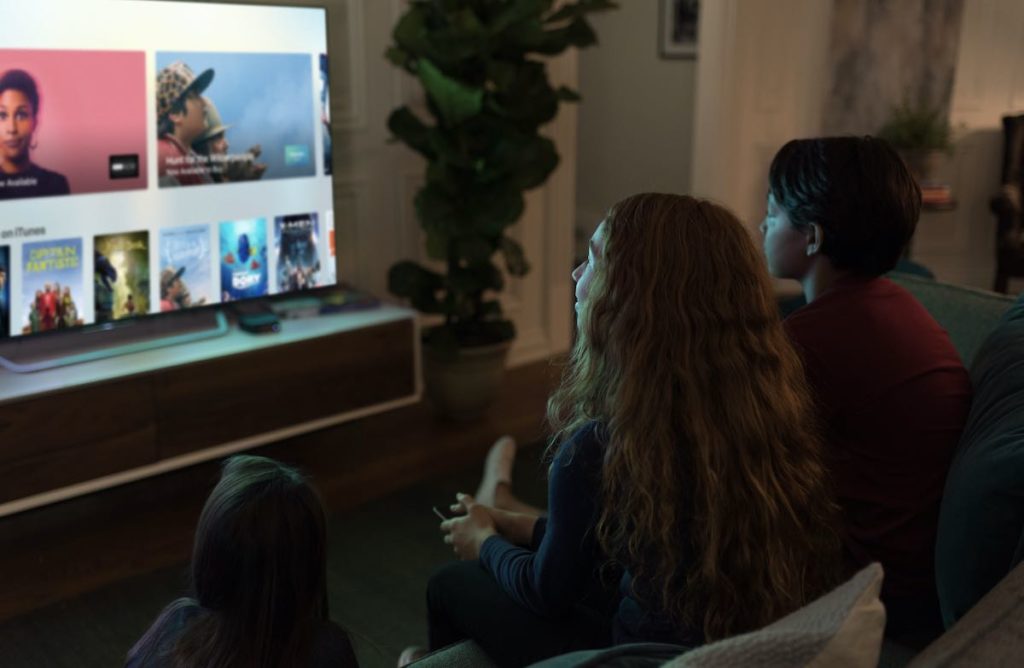
At its core, Apple’s TV services are about identifying, creating and publishing the very best content in as authentic a way as possible, Apple’s Creative Director, Europe and Worldwide Video, Jay Hunt suggested recently.
I’ve spent time watching Hunt providing evidence to a UKHouse of Lords committee in late June.
Even though no one noticed it happen at the time, she provides deep insights into what Apple is doing with TV and how it is approaching the industry. I thought her comments might be of interest.
Who is Jay Hunt?
Hunt has 30-years of extensive broadcasting industry experience.
She began in news, became head of daytime programming for BBC1 and BBC2. She’s been a controller at BBC1 and director of programmes at Channel 5. Before joining Apple, Hunt wasthe chief creative officer at Channel 4.
She knows her industry.
She appeared at the UK House of Lords in late June to share evidence for a commission into the future of public service broadcasting.
You can watch what she says here, what follows is a short selection of points she made that I thought would provide the deepest insights into how Apple is approaching its TV plans.
On the Apple TV app
The Apple TV app is an environment in which people can watch all the content they want. It provides a one-stop gateway to content, and in that respect can play a significant role in prominently showcasing what public broadcaster’s are doing.
She describes how the rose of content made available in the TV app work, and stressed that four rows are dedicated to the public service broadcasters in this country.
The contents of these rows are discussed collaboratively:
“Those rows are scheduled as a result of weekly collaborative conversations between us and those public service broadcasters,” Hunt said.
“…these are consensual conversations with partners, saying, “This week, what do you want to draw a different type of audience’s attention to in this environment?” Diversifying that audience base is an important contribution to the long-term health of the public service regime,” she adds later in the discussion.
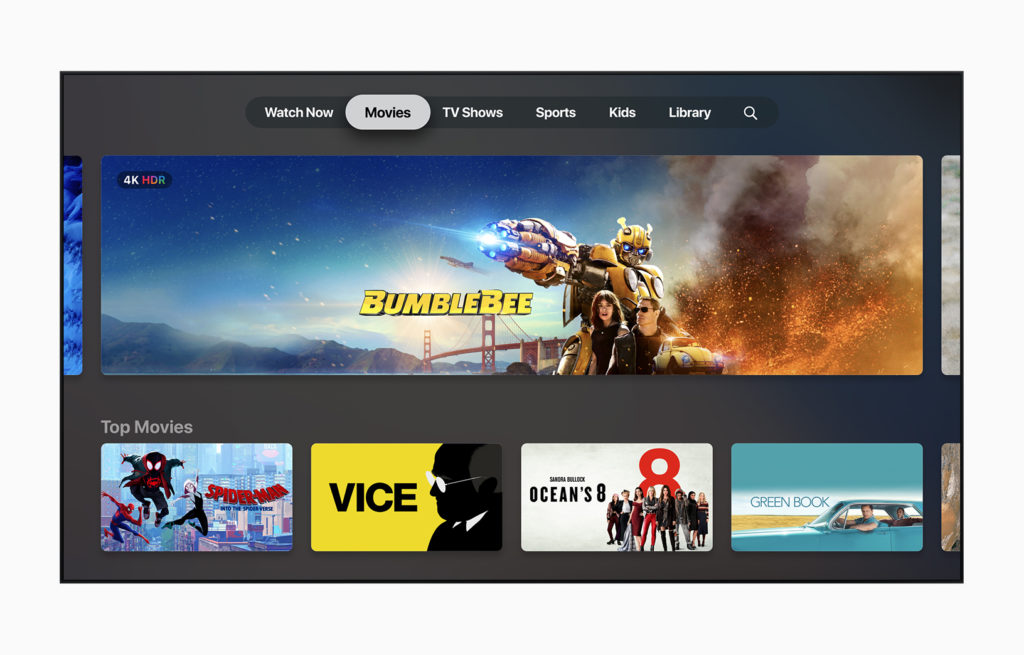
On what Apple looks for in shows
“I have been asked to come up with shows that will inspire and unite audiences globally and that have… authenticity… we are not specifically targeting an individual demographic.”
On education and accessibility
Hunt explains Apple’s work with an organisation called Creative Access, which tries to open up industry opportunity for people who wouldn’t be able to access it otherwise. Apple’s small UK team already has one person from there.
“As a relatively new entrant on behalf of Apple, I am bringing across from a public service background the values of making sure that we think carefully about representation and portrayal, on screen and off, and I am also ensuring that this is critically foregrounded as we build our workforce.”
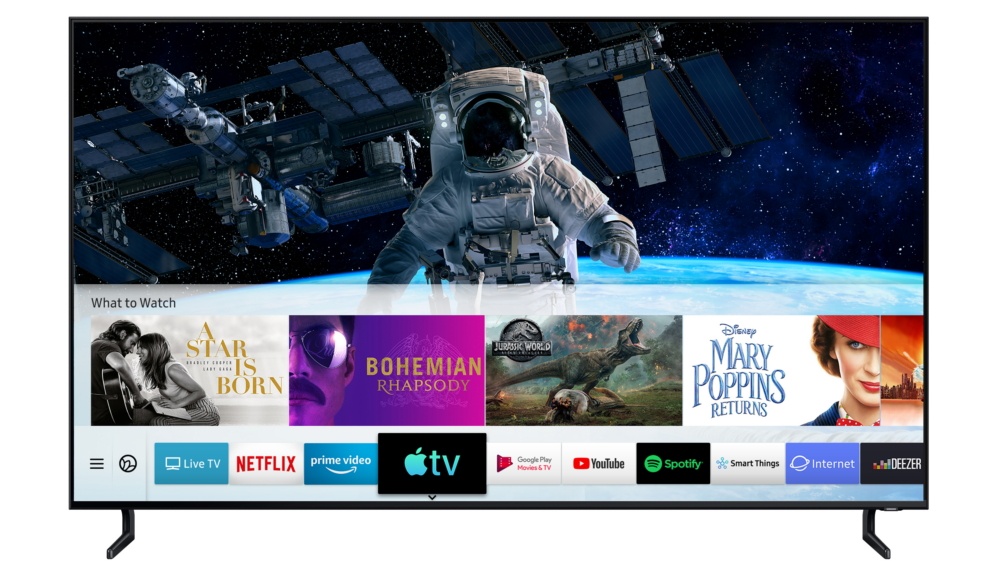
On Apple’s own culture
“Honestly, one of the most striking things about arriving in this organisation—given that, as I say, I have spent 30 years in public service television—is the huge overlap in values. It is an organisation that is very mindful of what it puts out into the world, and of its responsibilities. It has been a very natural fit.
“To be blunt, there are never enough great ideas, so there is a huge onus on us to go far and wide to find those ideas and… to deliver content that will excite audiences around the world.”
On the emerging global model around rights
Apple is prepared to discuss numerous different models around rights, Hunt said:
“We are having an array of different conversations about different models. Our priority is finding great, high-quality, innovative content.
“Over the past 18 months, I have had conversations with broadcasters and producers about the co-production model as well as looking at paying a global premium for rights. A very sophisticated sector that is able to work with different models according to the content is emerging.”
On how Apple recommends content (no robots)
Discussing the TV app, Hunt explained that while the first row on the app is all about content you have already watched or might want to continue watching, the second is a recommendation system.
This is human-made, not automated, she explains:
“The second row is a human-curated app, which surfaces—not in an algorithmic way, because we are not a data-driven organisation in that sense—the very best shows that we think audiences might appreciate.”
On Apple’s core focus
“The fundamental difference between Apple and other organisations is that what sits at the heart of the business is this notion of surprise and delight.
“We are not following data to drive down audience tastes; we are coming up with content that we hope will unite and inspire, that feels authentic and that will resonate with people globally. But that is not a data-driven approach.”
“Apple has turned out to be a very natural home for someone who has spent 30 years in public service broadcasting, because the ethos at the heart of the organisation is very similar. The honest truth is that we try to surface the very best content…”
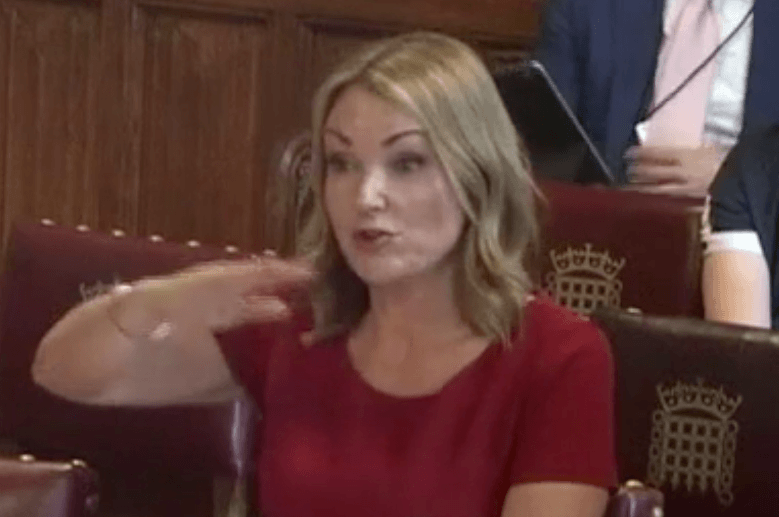
A very blurry picture of Apple’s Jay Hunt
On the value of content aggregation
“We think that there is an opportunity to aggregate; I am sure that people in this room are familiar with a sense of content overload.
“This is one gateway that will allow you to see the best content, whether you have bought it, you want to subscribe to it or it is free to air. Genuinely, that is our motive. It is yet another product in a steady stream of consumer-facing products in an area in which Apple is innovating for a very good cause.”
On the UK connection
“We do not have a particular commitment to a level of investment in the UK, but it is significant that before the service even started I was put in post as one of the first appointments to the Apple TV+ service.
“Again, before the service has launched, we have already made meaningful commitments to British producers; we have shows shooting in the UK and elsewhere as a result of those commissions.
“There was no requirement for Apple to operate in the UK, so it is significant that we are here.”
Watch the complete presentation:
On commissioning in the UK
Hunt admits that she is commissioning a great deal of content from the UK industry.
“Long before we have even launched our original commissioning strategy, millions of pounds have been spent on commissioning with British production houses,” she said.
“Two of the larger commissions I have made in my time in this job are to regional companies, and small regional companies,” she said later during the discussion.
“I continue to have meetings with production companies from across the UK. In that sense, it feels like a very democratic process, where everyone is in a position to pitch for Apple commissions and people are winning that business.”
[amazon_link asins=’1979742383′ template=’ProductCarousel’ store=’9to5ma-20′ marketplace=’US’ link_id=’6be38355-3dbe-4a3b-8c8c-606a1e380620′]
On the future of broadcasting
“My honest feeling, and you referred to this earlier, is that this is a golden age for production in this market. It is hugely exciting. We are seeing global players come to the UK to make great content, with the ambition not just to serve local audiences but to travel. It is an opportunity to get great British voices out to the rest of the world, with all the soft power that comes with that. So I feel genuinely very excited about it as a possibility.”
Please follow me on Twitter, or join me in the AppleHolic’s bar & grill and Apple Discussions groups on MeWe.

